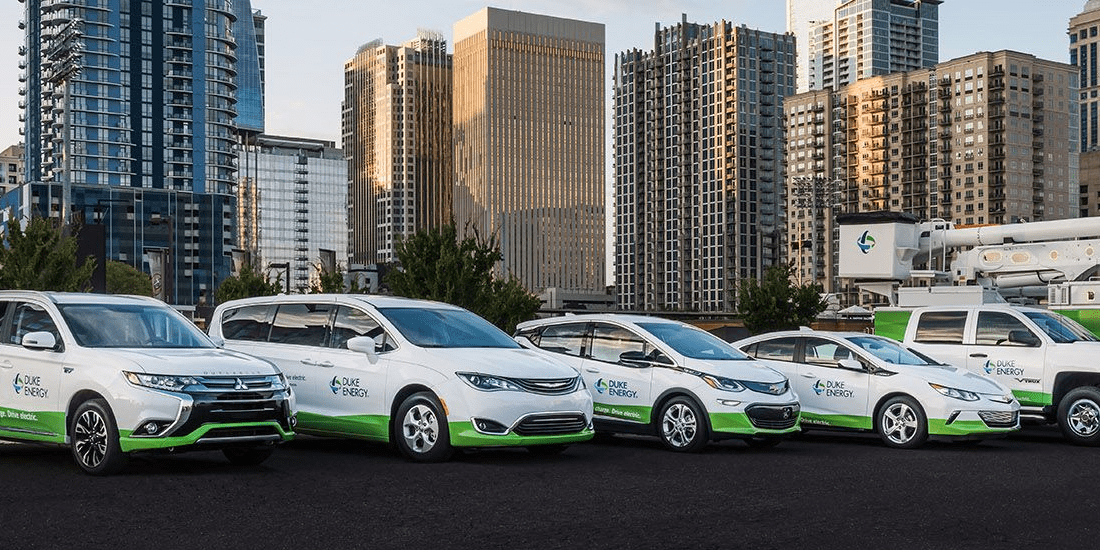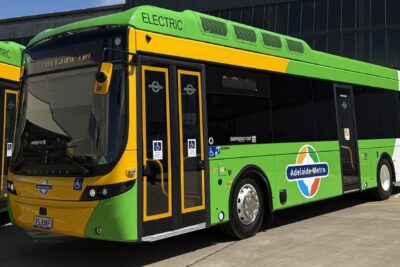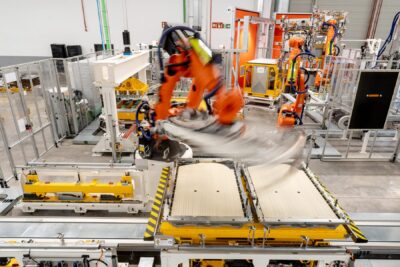US electric utilities fast-track fleet electrification
Both the US energy utilities Duke Energy and FirstEnergy have announced plans to convert their vehicle fleets. Duke wants to convert their 10,000 vehicle fleet to EVs by 2030, while FirstEnergy pledged 100% of new purchases would be electric as of 2021.
Duke Energy operates a fleet of 10,000 vehicles. This includes 4,000 light-duty vehicles (everything from sedans to SUVs), 6,000 medium- and heavy-duty vehicles, as well as off-road vehicles. Notably, the pledge only extends to 50% of the medium- and heavy-duty vehicles, meaning that their pledge only extends to 70% of their total vehicle fleet. This is likely due to the still budding market for heavy-duty electric vehicles, although committing 50% is also no small feat.
Duke already has 600 battery-electric and plug-in hybrid vehicles in operation and says they encourage EV use. The company has committed to “net-zero carbon emissions from electric generation by 2050.” They estimate that by 2030, the effects will save 60,000 metric tons of CO2 emissions per year, and reduce petroleum use by 10 million gallons per year.
At the same time, US utility FirstEnergy announced that 100% of new fleet purchases of aerial and light-duty trucks will be electric or hybrid vehicles beginning in 2021. Even though the fleet electrification here would take place more steadily, FirstEnergy expects to electrify 30% of its approximately 3,400 light-duty and aerial fleet vehicles by 2030.
The vehicles that FirstEnergy replaces will rely on a process based on the number of miles and the age of the current vehicles. As of next year, hybrid light-duty vehicles, such as pickup trucks, vans and SUVs, will be delivered to all FirstEnergy utilities.
“This is an important step in our larger, company-wide responsible replacement program that allows us to replace vehicles in need of replacing with electric models that can be added to our utility fleet without affecting the service we provide our customers,” said Steven E. Strah, president of FirstEnergy. “A team of employees tested versions of the hybrid vehicles in the field and determined we could get comparable operational benefits while substantially reducing emissions.”





0 Comments